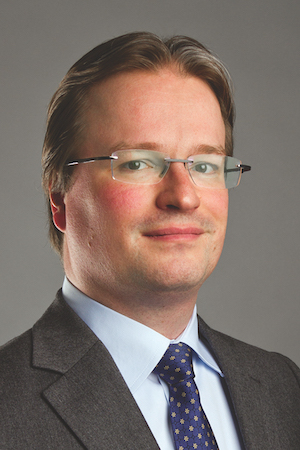What is the current growth rate of new tech businesses in the UK/EU? Any useful stats?
Up-to-date statistics are hard to get, but according to the latest EU data, the number of newly born enterprises as a proportion of the total number of active enterprises increased by 6.7 % in 2013 compared with 2012. The birth rates range from 3.6 % in Belgium to 23 % in Lithuania with the UK up from 12% to 15% in 2013. Most of these businesses were in the Services sector.
Where are main centres of growth? Is London still an important focus?
Looking at the effective crop of startups getting funding and making it into the global arena, Europe has effectively proven that it has the capabilities and the tech ecosystem to create such successful companies, able to attract large amounts of VC funding and spread their wings internationally. The inevitable comparison with Silicon Valley does show that Europe does need to do more. The EU is aware of this and the "Startup Europe" initiative aims to strengthen the business environment for web and ICT entrepreneurs so that their ideas and business can start and grow in the EU. Startup Europe contributes to the Entrepreneurship 2020 Action Plan, which was conceived in 2012 to combat the effects of the financial crisis and help SME growth.
The number of European start-ups being set up and looking for financial backing is growing, in our experience, as every region and municipality appears to be asking itself what it might do to support startup activity in its area. Most of the more effective startup regions and initiatives (accelerators, startup boot camps and support networks) are however concentrated in major metropolitan cities, such as Amsterdam, Paris, London, Stockholm and Berlin. Startups in those areas collectively account for more than half of the venture funding in Europe. These metropolitan areas effectively function as local Silicon Valleys, generating their own crop of startups, assisted by internationally desirable living conditions, as well as the presence of existing world-class financial services and tech companies in these cities.
Various initiatives, both private and governmental, aim to assist with this development, especially in these focus regions. Established by the European Commission in January 2014 at the World Economic Forum in Davos, Startup Europe Partnership is the first pan-European platform dedicated to transforming European startups into scaleups by linking them with global corporations. SEP is led by Mind the Bridge Foundation, a non-profit foundation based in Italy and United States, with the support of Nesta (the UK’s innovation foundation), Factory (an acceleration program and campus for tech companies of any stage, originating from Berlin), and Bisite Accelerator (Madrid/Salamanca).
London remains strong in FinTech, but the current Brexit cloud hangs over a lot of startups, too. We have seen several companies opt to start in Amsterdam, Paris or Berlin, rather than get mixed up in Brexit issues later on.
What are the sectors where you are seeing the fastest growth?
We can't really tell you the name of clients, but fastest growth still appears to be in software and electronics, with the 'app-only' startups losing some momentum, and more focus on physical products tie-ins.
For AI start-ups, what are the most immediate challenges from a legal/IP perspective?
AI/ML is currently finding its way into so many products, but not all industries are equally able to deal with computer generated learning and decision making. The car and aviation industries, for instance, are famous for their 'zero fault' policies, that tend to conflict with the 'ship fast, update often' agile policies of the software industry. Responsibility for AI/ML decisions is something that will need to be debated and – perhaps more commercially relevant – be shaped by insurance companies, whose influence on such liability debates tends to be quite significant.
What areas are start-ups usually weak in?
Product development and marketing tend to be strong points, also emphasised by startup bootcamps, but sales, finance and legal are usually weak points.
As a start-up progresses, what are the main potential stumbling blocks?
Mainly, the optimism prevalent (and necessary) in the startup scene, leads to badly conceived share structures, lack of shared visions and good agreements, both internally and externally (confidentiality, collaboration, licenses, supply agreements, etc.). Keeping the brightest minds while progressing from prototype to product development is also a difficult phase, as creative problem solvers need to be paired with structured developers. That sort of culture change does not always sit well with the edgy types who tend to develop the first prototypes.
Is the patenting process running at the same speed as the rate of technological innovation and what does this mean for law firms?
The patenting process is slow and laborious, but it runs at the same rate as tech innovation, although patents are (luckily) not granted as fast as startups want them. Some industries, notably software based ones, really struggle with the gap between average software program life spans (usually 2 years) and the patenting process to grant (usually 6-9 years). Only the larger companies and those with really good inventors and advisors appear to navigate their way around this gap. Ignoring the development of a patent portfolio is also highly risky, since once startups scale up to become international players, they tend to find that existing tech firms are in possession of rather large (and skilled in the effective use of) such "weapons of business destruction", as patents are sometimes referred to by their 'victims'.


.jpg)
.jpg)
.jpg)

.jpg)


.jpg)
.jpg)
